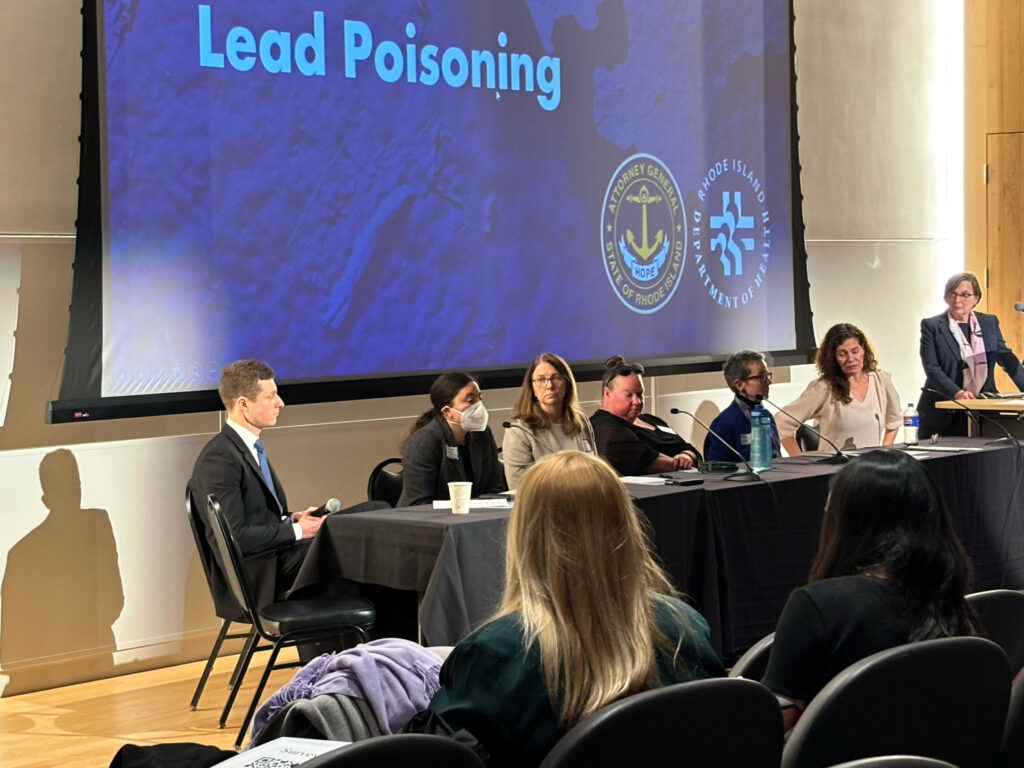What Happened?
Rhode Island held an impressive second annual Summit to End Childhood Lead Poisoning cosponsored by the state’s Attorney General and Department of Health. I was honored to be able to join about 200 people who participated in person on February 2.
Senator Jack Reed kicked it off with a reminder that children’s exposure to lead is a “preventable tragedy” that impacts our juvenile justice system. He explained that, with four million children nationally live in a home with lead-based paint, we need to physically “get the lead out.”
The highlight was a fiery keynote by Attorney General Peter Neronha pressing for Governor Dan McKee to fully implement three impressive lead-based paint laws enacted by the General Assembly in 2023 designed to ensure compliance with existing laws.1 The laws establish a statewide rental registry, prohibit evictions for non-compliance with the registry requirement, allow tenants to pay rent into escrow accounts until lead hazards are fixed, and authorize triple damages for families affected by childhood lead poisoning. Landlords must register no later than October 1, 2024, with the other provisions effective on June 20, 2023. The laws also impose penalties for violations.
A fourth law removed a significant exemption from the lead mitigation requirements for pre-1978 rental properties with two or three units where one is occupied by a property owner.
Attorney General Neronha called out Governor Daniel McKee for proposing an FY25 budget2 that would:
- Delay the rental registry for one year;
- Exclude properties built after 1978;
- Only publicly list the landlords who have not provided a Certificate of Lead Conformance with Lead Mitigation Law; and
- Not list online a landlord’s active phone number and email address.
Three panels, each moderated by senior staff in the Attorney General’s office, dug deeply into the key issues.
- The first panel consisted of representatives from Massachusetts, Maryland, New Jersey, and Rhode Island discussing their approaches and lessons learned, especially with rental registries.
- The second panel focused on public health education and consisted of two pediatricians (Drs. Ziter and Hauptman), an attorney whose firm represents families impacted by lead-based paint, and a representative of Black Lives Matter and former president of the NAACP Providence Branch.
- The third panel focused on the current situation in the state from the perspective of leaders at the Childhood Lead Action Project (CLAP), the Green and Healthy Homes Initiative (GHHI), the RIHousing, the Center for Justice, as well as key representatives at the AG’s office and the Department of Health.
Why it Matters
Rhode Island in general, and the Office of the Attorney General in particular, have long been among a handful of states leading the way to protect children from exposure to lead-based paint hazards. The laws enacted in 2023, especially the rental registry, take that up a notch with the comprehensive and transparent rental registry that can provide families with information they need and more effectively protect families from lead and other environmental hazards.
Our Take
All too often, legislatures enact strong laws that look powerful in theory but fail to provide the agencies with the tools they need to ensure compliance. For that reason, we are excited to see the Office of the Attorney General and the Health Department crafting strategic solutions, securing legislative support to improve the law, and engaging stakeholders in implementation. These laws should level the playing field for landlords by helping ensure all are complying with the law and give renters greater confidence that their home is safe.
We are also disappointed to learn that the Governor was backsliding on the 2023 reforms. Let’s hope the legislature prevents that from happening.
Next Steps
Unleaded Kids will seek to assist CLAP and the state in helping get the laws implemented in a manner that reduces lead exposure to families, especially homes in rental property most at risk.
- The summit did not address a law enacted in 2023 regarding lead service lines connecting drinking water mains to homes and buildings. ↩︎
- See Section 17 of the FY25 appropriations bill. ↩︎

